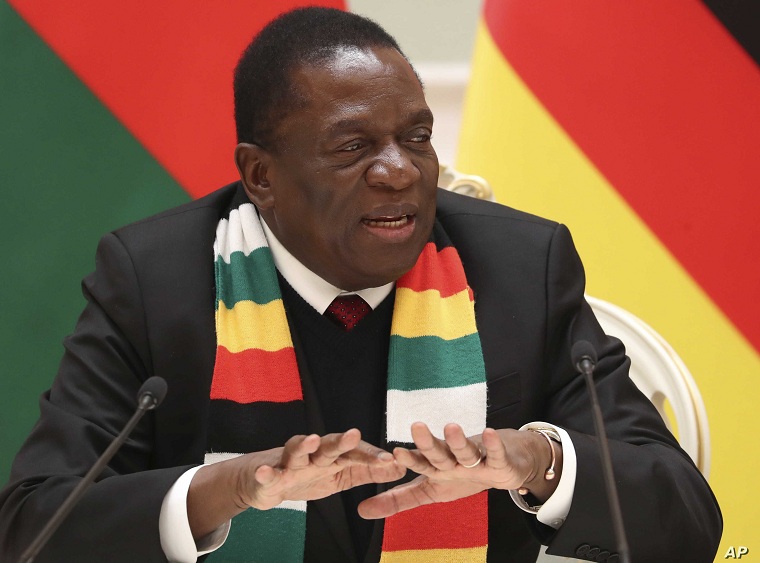Whether on our African Continent, in Europe, Asia, the Americas, the Middle East or in Oceania, the Zimbabwean diaspora community is very vibrant and displays a repertoire of top skills and competencies. Above all, they remain connected to, and engaged with, their homeland.
This connection takes many forms, not least of which is through remittances back home.
As I write, the Zimbabwe diaspora remittances have now surpassed US $1 billion a year.
This is no small sum, by no means a small contribution to inflows into our economy. That makes our diaspora community a veritable factor in national development, indeed a force for greater good.
In my recent interaction with the Zimbabwean diaspora community in United Arab Emirates, it became starkly clear to me that our systems in government are still to come to terms with this phenomenon.
While we claim to have a diaspora policy, it woefully lacks a strategy and mechanisms for seamless interaction with this large and critical body of Zimbabweans abroad. Often, we have come short, including in providing such basic consular services like birth certificates and travel documents.
This must now change, aided by the introduction of e-passports and an effective online portal for dealing with and meeting the daily needs of our citizens in the diaspora.
Wherever they are, whatever reasons took them there, they remain our citizens, equal to, and just as important and as deserving as their counterparts here at home.
The conflict situation in Eastern Europe again revealed serious shortcomings both on the part of government and that of Zimbabweans living abroad.
While our Embassy in Russia yearly sent missions to Ukraine to update records of our citizens in that country, not many of them were forthcoming until hostilities broke out.
While it is commendable that we were able to evacuate them in good time, already, a gap had been shown in respect of our capacity to account for and keep track of Zimbabweans as they move across the globe.
The need to develop this capacity places equal and shared burden on our diplomatic missions abroad, and on Zimbabweans in foreign lands who must register with embassies covering countries which host them.
In my interaction with many Zimbabweans abroad, I have discovered that between them, they wield an array of high value skills, indeed skills our country requires to leapfrog and develop in no time.
Today’s world runs on technology, which is why we have accorded Science and Technology a pride of place in our overall curricula.
Zimbabweans in the diaspora have been vastly exposed to these critical skills which, as I have discovered, they are willing to repatriate home under various, mutually convenient arrangements.
Our power utility, ZESA, has just received a handful of high calibre engineers who horned skills in different power utilities of the world.
They are now making a difference at ZESA.
Continued next page
(198 VIEWS)


